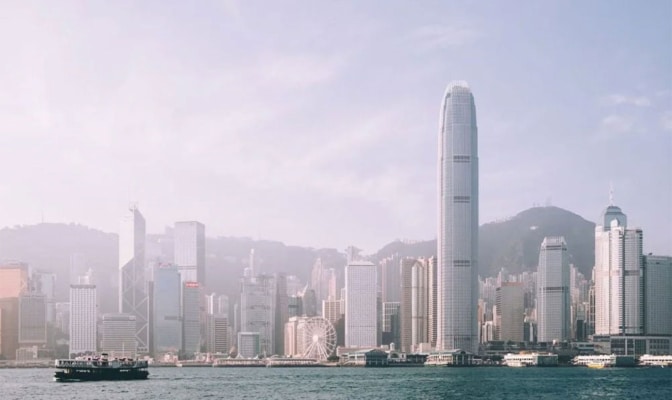The 20th National Congress of the Chinese Communist Party
Share on LinkedIn
Final thoughts, 24th October 2022
With Congress officially ended this weekend, attention in China and around the world now turns to studying what took place over the last seven days and what it might reveal about the country’s future direction.
The weekend saw arguably the most important part of the Congress, with delegates voting for new members to the elite seven-member Politburo Standing Committee, the 24 member Politburo and the Central Committee with its 205 full members.
President Xi’s own reappointment as general secretary was in the end as certain as most observers had assumed. This third term has been widely interpreted as a sign that he has successfully consolidated power. Further evidence of this might be seen in the centrality “Xi Jinping Thought” now holds in ordinary political administration. Xi’s collection of policies and political ideas are coming to underpin almost all aspects of Chinese statecraft.
Turning to the various committees, these are quite often as notable for who has been left out as for who has joined. The officials elected this time come in large part from sectors that have been the key themes of the congress. They are also often younger than their predecessors. The old guard, with its Deng-era views around reform, opening up and foreign policy, are now no longer represented at the top table.
A generation gap is developing that may have long reaching implications for policy formation. Li Keqiang, the current prime minister – a high profile politician seen as a relative moderate – was not reelected to the Politburo Standing Committee or the Central Committee. Nor was Wang Yang, who has held some of the most senior offices of state. Both Wang and Li are just below retirement age – as are a number of other senior officials who now find themselves in similar positions.
The Politburo Standing Committee has a number of new faces in it. In order of precedence after President Xi (and note many of their roles are still conjectural) its members are:
- Li Qiang (premier)
- Zhao Leji (head of National People’s Congress)
- Wang Huning (head of the country’s main political advisory body)
- Cai Qifirst (secretary of the party secretariat, running its day-to-day affairs)
- Ding Xuexiang (chief of staff to President Xi)
- Li Xi (head of China’s anti-corruption body)
Many commentators are noting how this line up lacks an obvious successor to Xi. However, Xi is clearly not focusing on retiring and is instead developing people around him who can work with him to achieve his vision.
The Communist Party amended its constitution this week to make “advancing national rejuvenation through a Chinese path to modernization” a central tenet. It also adopted a resolution to adopt a two step strategic plan for “socialist modernization” that will take the country through the middle of this century.
We also heard this week of the need to develop self-sufficiency, particularly around food and technology security. At the same time China signaled it will continue to open in certain areas. Taiwan and other geopolitical issues were prominent, and the backdrop to Congress was one of extremely volatile international politics. With his new team around him and third term in place, President Xi can shape the future as never before.
And as a result, the five years leading to the 21st Congress may well be the most transformative we have seen yet.


